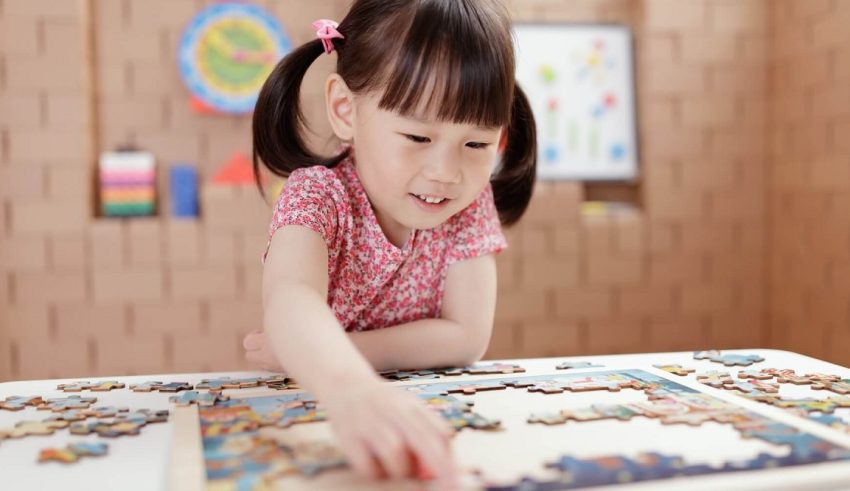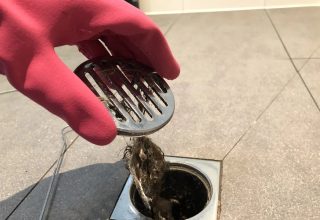
In the world of child development, sometimes the simplest tools can be the most profound, and jigsaw puzzles are a shining example of this. As a tool that has been quietly shaping young minds for generations, puzzles offer a treasure trove of developmental benefits, wrapped up in an activity that children naturally love. Whether it’s a colorful scene of animals or a map of the world, each puzzle piece holds the potential to contribute significantly to a child’s growth.
Jigsaw puzzles are more than just toys; they are gateways to learning. Through the simple act of matching pieces, children develop hand-eye coordination, fine motor skills, and problem-solving abilities. They learn the value of patience and perseverance as they work towards completing a picture.
But it’s not just about the mental workout; puzzles also provide emotional lessons. They teach children about goal-setting and the satisfaction of achieving those goals, a skill that translates well into adulthood.
In this article, we’ll explore the multifaceted ways in which jigsaw puzzles contribute to child development, making them an essential part of any child’s playtime. Let’s delve into the world of puzzles and discover how these timeless pieces fit into the big picture of childhood learning and growth.
The Impact of Jigsaw Puzzles on Child Brain Development
The consistent engagement with jigsaw puzzles plays a significant role in the cognitive development of children, offering a rich and stimulating mental workout. Here’s how the puzzle pieces come together in the growing brain of a child:
- Enhancing Problem-Solving Skills: Each time a child picks up a puzzle piece and figures out where it goes, they are honing their problem-solving skills. Puzzles require children to think critically and make decisions based on shape, color, and pattern recognition. This process strengthens neural pathways and boosts their ability to solve more complex problems as they grow.
- Improving Memory and Concentration: Jigsaw puzzles are excellent for enhancing a child’s memory. Remembering shapes, colors, and what pieces fit where involves a great deal of short-term memory recall. Moreover, the concentration needed to work on a puzzle for an extended period encourages a focused and meditative state, which is beneficial for a child’s attention span.
- Spatial Awareness Development: As children manipulate different pieces to fit them together, they develop a stronger understanding of spatial relationships. This skill is crucial in understanding distance, direction, and the physical relationship of objects in their environment.
- Language Skills: When children engage in puzzle-solving, especially in a group setting, they often discuss what they are doing. This interaction promotes the use of descriptive language and storytelling, enhancing their verbal skills.
- Fine Motor Skill Refinement: Picking up, pinching, and grasping small puzzle pieces is a fantastic way for children to develop fine motor skills. These skills are essential for writing, typing, and other daily tasks.
- Patience and Emotional Intelligence: Puzzles are not always easy to solve. They teach children the art of patience and the importance of a steady approach. Learning to manage feelings of frustration when a piece doesn’t fit right away is a crucial part of emotional intelligence.
- Boosting Confidence and Self-Esteem: The accomplishment of completing a puzzle, especially a challenging one, brings a sense of achievement and pride. This success helps build their self-esteem and encourages them to take on more challenges.
In summary, regular play with jigsaw puzzles provides a comprehensive workout for the brain, nurturing various aspects of a child’s development. From cognitive and physical development to emotional and social growth, the benefits of puzzle-solving are as interconnected and indispensable as the pieces of the puzzle itself.














